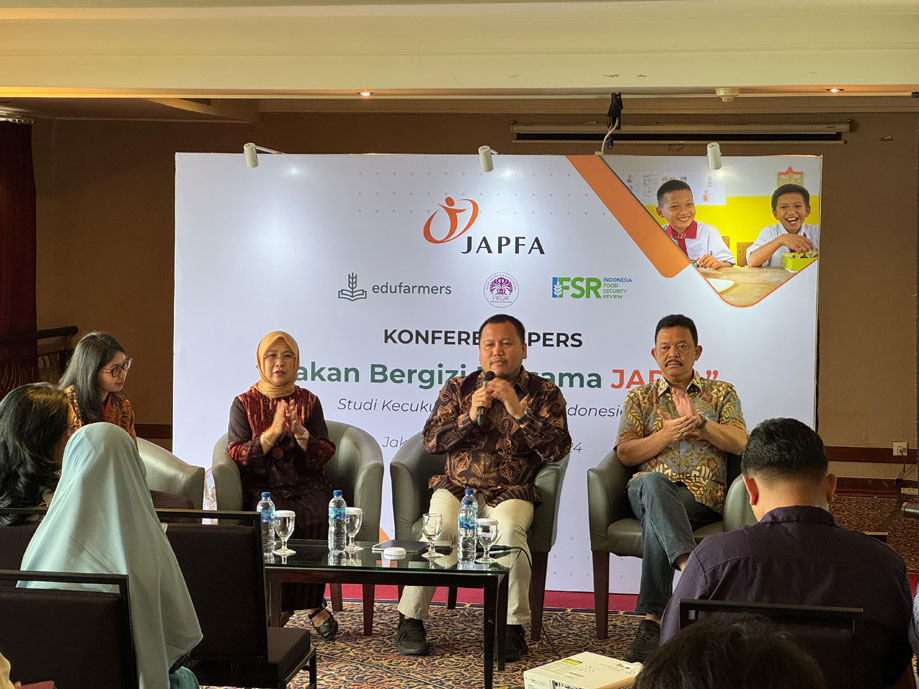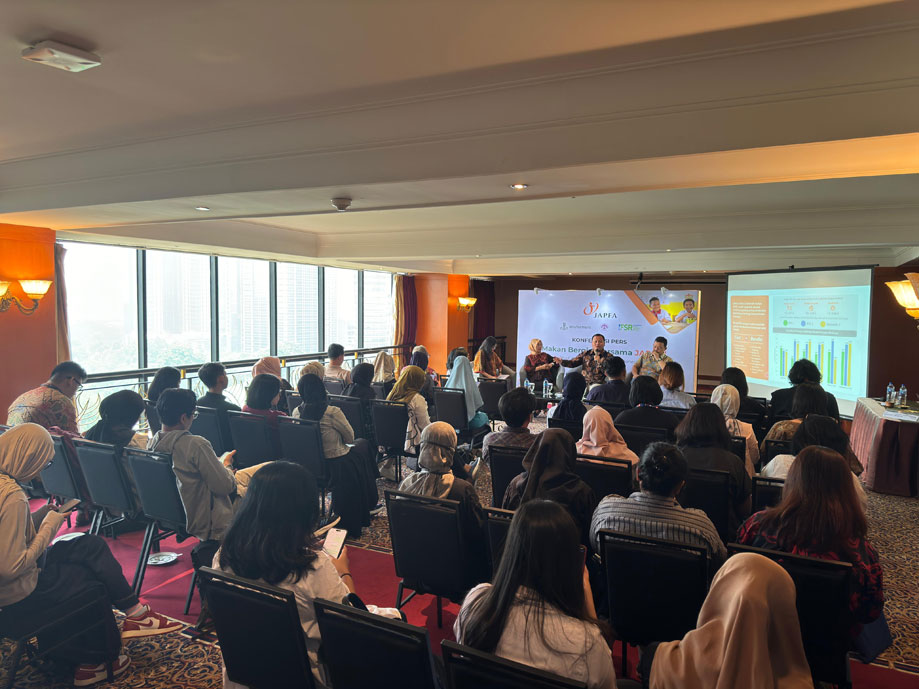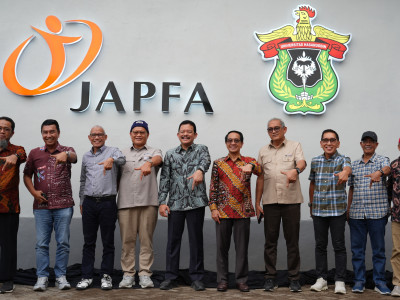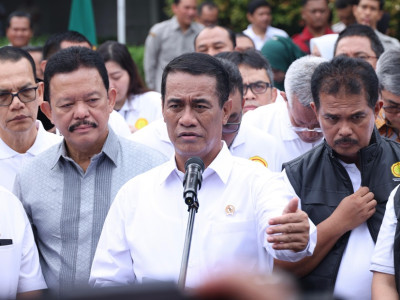JAPFA Partners with PKGK UI to Study Nutritional Sufficiency for Indonesian Children
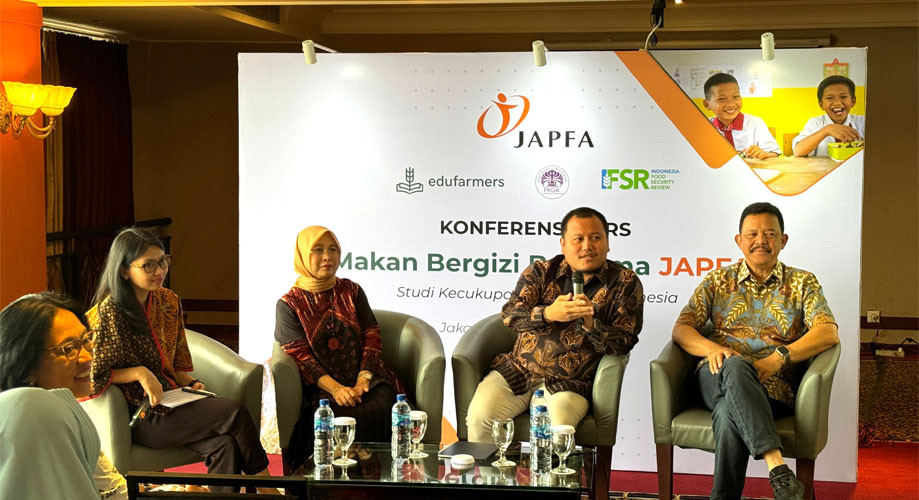
Jakarta, 25 September 2024 - PT Japfa Comfeed Indonesia Tbk (JAPFA), Edufarmers Foundation, and the Center for Nutrition and Health Studies at the University of Indonesia/ Pusat Kajian Gizi dan Kesehatan, Universitas Indonesia (PKGK - UI) conducted a study to measure the nutritional sufficiency of Indonesian children. The study involved over a thousand children from elementary schools, kindergartens, and toddlers who received nutritious food supplies from May to June in five cities: Padang, Sragen, Mempawah, Malang, and Makassar. This study tested three models of providing nutritious meals: Ready to Eat (RTE), Ready to Cook (RTC), and Self-Managed. The aim of the study was to analyze the effectiveness of each model while monitoring the production process, nutritional needs fulfillment, and distribution.
Corporate Affairs Direcor JAPFA, Rachmat Indrajaya said “Consumption of animal protein in Indonesia is still low compared to developed countries and several ASEAN countries. As a quality animal protein provider, JAPFA is committed to providing nutritious and affordable food, in line with Sustainable Development Goal (SDGs) number 2: Zero Hunger, and supporting the vision of a Golden Indonesia 2045."
This study was prepared for three months, starting from the concept of the feeding model to selecting the location, before finally being socialized in early May. The study coverage area includes areas around JAPFA's operational units, namely SDN 06 Batang Anai in Padang, South Sumatra; SDN 01 Duyungan in Sragen, Central Java; Bululawang District Posyandu in Malang, East Java; SDN 03 Sungai Pinyuh in Mempawah, West Kalimantan; as well as Bugatun Mubarakah Elementary School and Asoka Kindergarten in Makassar, South Sulawesi. For 6 consecutive weeks, each region was tested for 10 days for each feeding model, which was then measured and evaluated for nutritional adequacy rates and the effectiveness of its implementation.
Prof. Dr. Drg. Sandra Fikawati, MPH, public health nutritionist at PKGK UI said, "We found that consumption of animal protein is still relatively low, except for eggs. Apart from that, as many as 63% of students are not used to bringing lunch. Nevertheless, students' nutritional status, seen from their weight and height, is classified as normal based on WHO and Ministry of Health standards."
Among the three models, according to Prof. Fika from CNHS – UI, the Self-Managed model had the highest consumption rate among students at 84%, followed closely by the Ready to Cook (RTC) model at 83%. Overall, the number of children with poor nutritional status decreased by 2.8 percent after the program. The program successfully improved students’ nutritional intake, especially in protein and fruits, which are essential for growth and development.
I Dewa Made Agung, Direktur Eksekutif Indonesia Food Security Review (IFSR), expressed the importance of multi-stakeholder collaboration in supporting the success of nutritious eating programs. No less important, education regarding menus and consumption of nutritious food, as well as food waste management, needs to be given to children and parents.
"The pilot study conducted by JAPFA and PKGK UI can be an important reference for implementing nutritious meal programs in schools. From this study, it can also be seen that the preparation of cost ranges needs to be adjusted to the region. Apart from that, it is necessary to ensure that producers produce quality food ingredients and guarantee food safety, as well as hygiene in the production process for optimal results. "Like chicken meat that comes from a chicken slaughterhouse that meets standards and has an NKV certificate," said Dewa.
"We hope that the results of this study can serve as recommendations for the government and related stakeholders. Of course, we support and are open to further collaboration in providing animal protein to improve the quality of Indonesia's young generation," concluded Rachmat.
